Japan's Auto Industry and the Electric Future
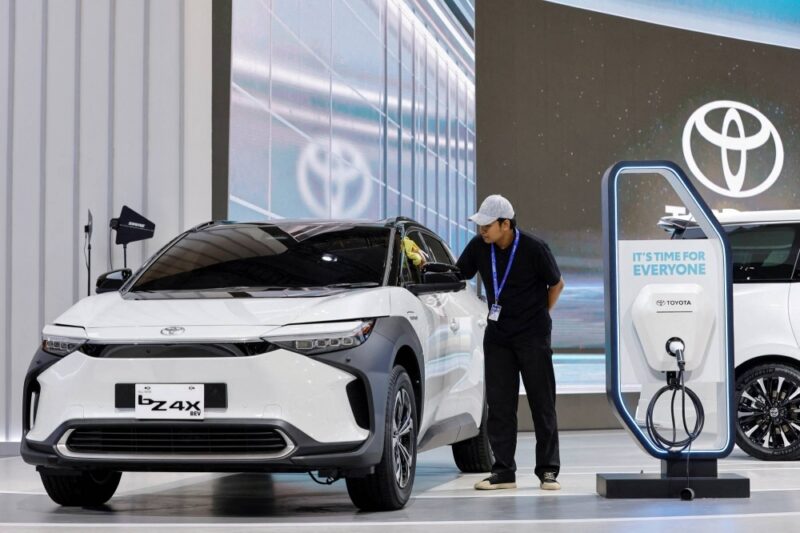
Japan's Auto Industry and the Electric Future
In recent years, major Japanese automakers have shifted their stance on electric vehicles (EVs), acknowledging the need to accelerate their development in order to remain competitive globally. This change in strategy is driven by concerns over the potential decline of the Japanese automobile industry as U.S., European, and Chinese automakers dominate the EV market.
The Past Resistance to EVs
Until recently, Japanese automakers, including Toyota, were vocal opponents of EVs, favoring hybrids instead. They spread anti-EV sentiment, resisted government EV initiatives, and touted the superiority of their hybrid technology. However, this resistance has evolved.
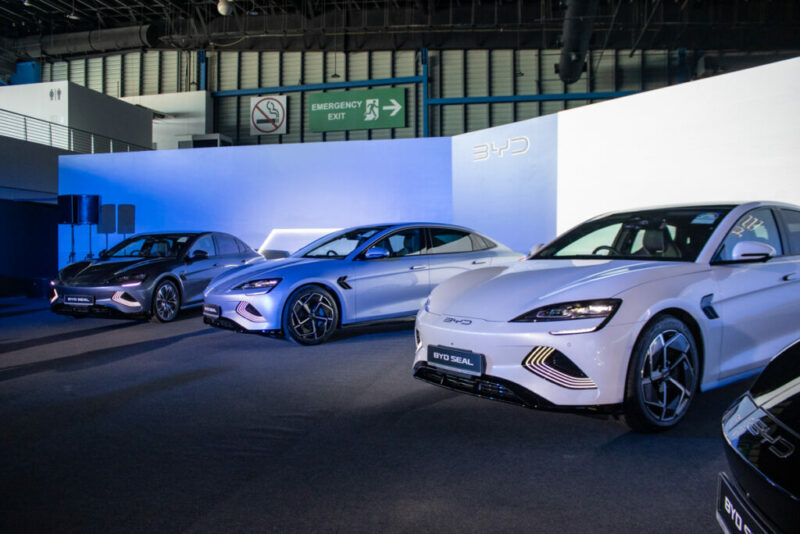
Under the leadership of Toyota's new President, Koji Sato, the company has recognized the limitations of its hybrid tech and committed to creating attractive EVs. Other Japanese automakers are also acknowledging the urgency of embracing EVs, despite warnings of potential economic repercussions.
Global Disparities in EV Sales
Research by Marklines Co. reveals significant disparities in EV sales between Japan and other global players. While Tesla and Chinese automaker BYD sell millions of EVs annually, the Toyota group, which includes Daihatsu and Hino, sold only 20,000 units.
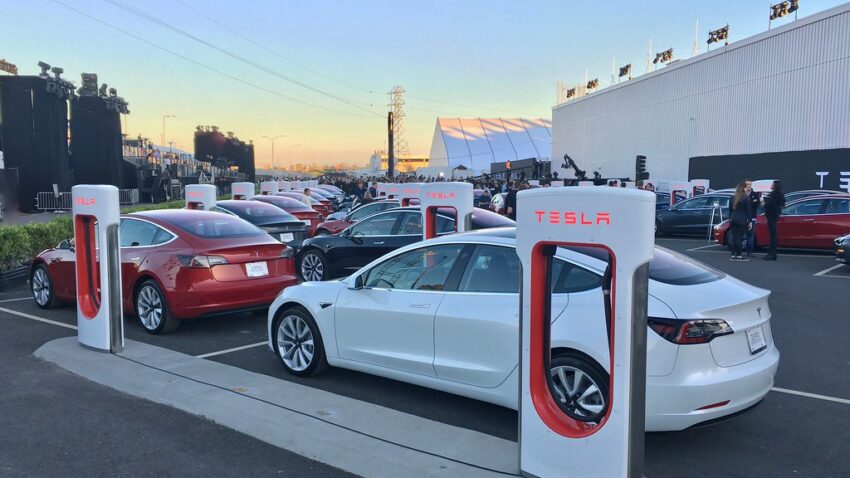
Japanese Automakers Embrace EVs

Japanese Automakers Embrace EVs
With the global shift toward a carbon-free society, Japanese automakers are making strides to enhance their competitiveness in EV technology. Honda aims to make all its vehicles worldwide EVs or hydrogen-powered fuel cell vehicles by 2040, while Subaru plans to offer eight EV models in the next five years.
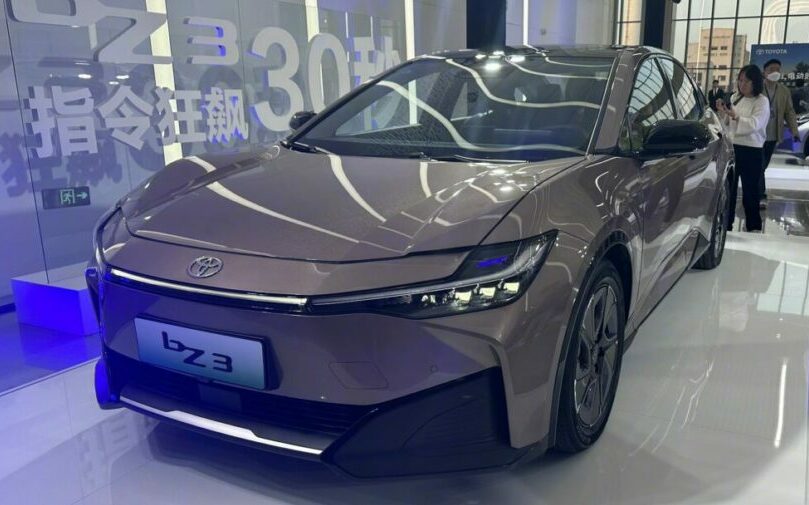

Nissan, the pioneer of mass-produced EVs with the Leaf, is reevaluating its EV strategy, signaling a renewed commitment to competitiveness.
Challenges in Entering the Global EV Market
Japanese automakers face challenges in penetrating the American and Chinese markets, as they are latecomers to the EV game. Established European, American, and Chinese brands already dominate these markets. Toyota's global EV product, the bZ4X, is struggling to gain traction in key regions, including Japan.

Moreover, to qualify for tax breaks in the U.S., automakers must procure batteries locally, presenting an additional hurdle. In China, competition for technologies like autonomous driving and voice recognition complicates market entry.
The Need for Technological Innovation
Experts emphasize the importance of technological innovation in batteries and other EV-related domains to raise the brand value of Japanese EVs to the level of their gasoline-powered counterparts. Japan is seeking critical materials for EV batteries from Canada and Australia to establish China-free supply chains.
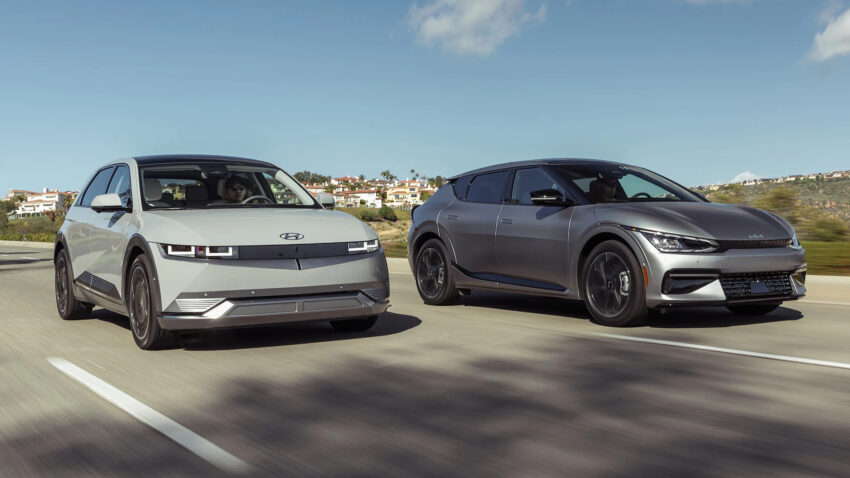
However, Japanese automakers and battery companies face stiff competition for resources, particularly from South Korea, which has already made significant inroads in these regions.
A Slow Transition and a Conservative Culture
Transitioning from conventional gasoline vehicles to EVs will require significant efforts from Japan's auto industry. From mineral sourcing to efficient battery production, from motor manufacturing to developing connected car technologies, challenges abound. Japan's conservative business culture may slow down this transition, making it imperative for automakers and the government to work together to catch up with the EV trend and remain competitive in the global market. Otherwise, Japanese cars may only dominate in less advanced markets where outdated technology can still be marketed as cutting-edge.
Japanese automakers
Electric vehicles EVs
Toyota
Hybrid technology
Koji Sato
Global EV market
EV sales
Honda
Subaru
Nissan
Challenges in EV market
Technological innovation
EV batteries
Supply chains
Related Auto News Updates
Latest Discussions
Comments






















Add a Comment "Japan's Auto Industry and the Electric Future"